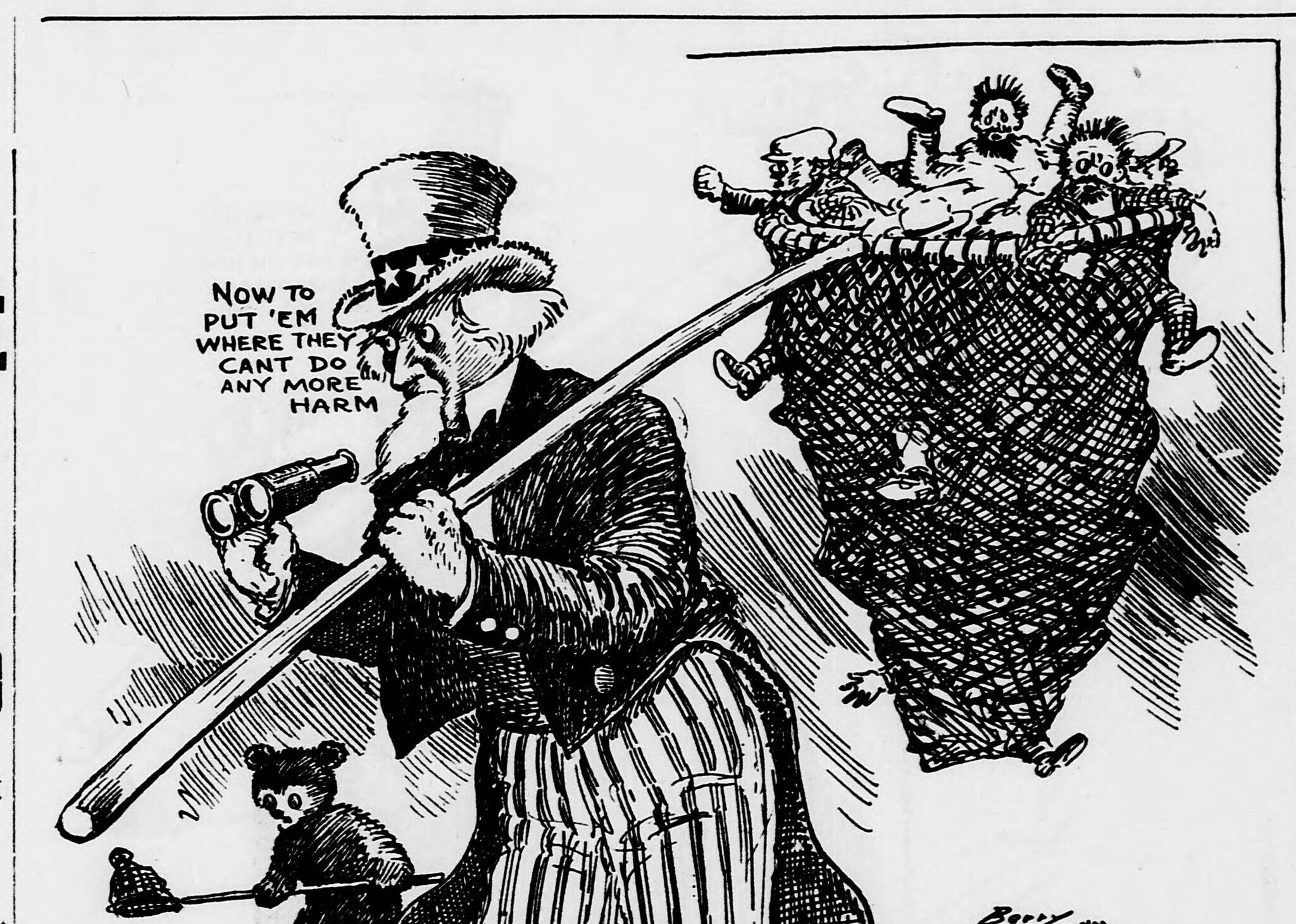Following the assassination of conservative activist Charlie Kirk, President Donald Trump designated Antifa as a domestic terrorist organization. This move was accompanied by a directive for federal agencies to investigate and dismantle illegal operations linked to Antifa.
Explainer Trump Administration's DOJ Takes Stance Against Big Tech Monopolies
In response to this designation, Antifa members reportedly assaulted a federal building in Eugene, Oregon, leading to the arrest of five individuals. While law enforcement's response was swift, critics argue it was reactive rather than a proactive measure against the organization.
Supporters of the designation contend that mainstream media often downplays Antifa's structure and organization, framing it merely as an idea. However, recent protests and violent incidents have raised concerns about the group's coordination and operational capabilities.
Historically, the United States has faced significant left-wing violence, notably during the late 1960s and early 1970s, when groups like the Weather Underground engaged in violent acts. Many of these individuals later became prominent figures in academia and politics, raising questions about accountability for their actions.
The First Red Scare, which followed World War I, serves as a historical reference for addressing domestic threats. The U.S. government responded to fears of communist influence with a series of raids targeting radical groups, led by then-Attorney General A. Mitchell Palmer. These raids resulted in thousands of arrests and deportations, effectively dismantling many extremist organizations.
Palmer's actions, while controversial and criticized for civil rights violations, achieved their immediate goals by exposing and expelling dangerous extremists. The aftermath of these raids saw a decline in the influence of communist and anarchist parties in the U.S.
Today, proponents of a similar approach argue that the current administration has more resources at its disposal than Palmer did. They advocate for a nationwide crackdown on Antifa, suggesting that the Department of Justice (DOJ) and the Federal Bureau of Investigation (FBI) should take decisive action against the organization.
As political violence attributed to Antifa has surged in recent months, calls for a robust federal response have intensified. Supporters of this approach believe that a strategic crackdown could mitigate the threat posed by domestic terror cells and restore order.
Hayden Daniel is a staff editor at The Federalist, with previous editorial experience at The Daily Wire and The Daily Caller. He holds a B.A. in European History from Washington and Lee University.
Why it matters
- Trump's designation of Antifa as a domestic terrorist organization marks a significant escalation in federal response to political violence.
- The swift law enforcement action following Antifa's assault on a federal building highlights rising tensions and the urgency of addressing domestic threats.
- Historical parallels to past government crackdowns on extremist groups raise questions about civil liberties and the effectiveness of such measures today.
What’s next
- Federal agencies are directed to investigate and dismantle Antifa's operations, with potential implications for civil rights.
- Calls for a nationwide crackdown on Antifa may lead to new legislation or policies from the DOJ and FBI.
- Ongoing investigations into Antifa's activities could result in further arrests and legal actions in the coming weeks.
